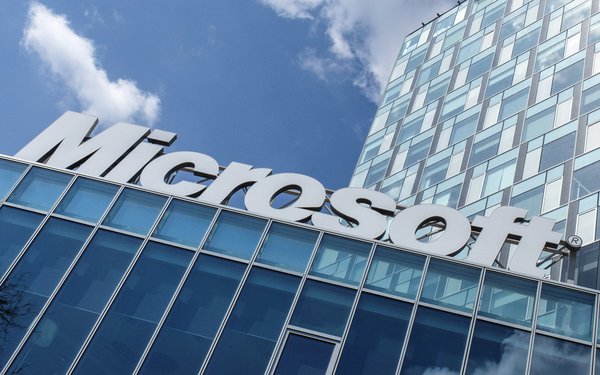
Microsoft has entered into an agreement with Rubicon Carbon
to pay to remove 18 million tons of carbon dioxide from the atmosphere, in what is believed to be one of the largest purchases of carbon removal credits.
The deal means delivering carbon credits
generated from projects that sequester CO2 by planting trees or restoring degraded land, according to a statement on Thursday.
“Addressing climate change requires more than good
intentions — it requires capital deployment at scale,” said Tom Montag, CEO of Rubicon Carbon, stated in a release on Thursday. “This collaboration serves as a blueprint for how the
financial sector can meet the urgency of the moment while also generating strong financial returns.”
advertisement
advertisement
Most advertising activity -- ranging from media buying to media serving and search --
contributes to greenhouse gas emissions, primarily through the energy consumption of data centers and devices involved in the advertising process as well as the manufacturing and transportation
associated with ad production.
Felix Schadeck, head of supply at Rubicon Carbon, wrote on LinkedIn that "this is a clear signal to the market and we hope it will encourage
other investors to join the fight."
On Wednesday, Microsoft explained how it plans to shutter its demand-side platform (DSP) and work
with "agentic systems that simplify decision making and bring brands closer to people, and predictive design models" to reshape what people expect from digital services. AI power will
support the next era in advertising.
Microsoft in 2020 pledged to be carbon-negative by 2030 and to remove all the carbon it has emitted since its founding in 1975 by 2050.
The
company is also working to run on 100% renewable energy by 2025 and to reduce emissions from its advertising and technology supply chain.
Each carbon removal transaction under the deal with
Rubicon will be structured as 15- to 20-year long-term agreement, supporting a pipeline of individual Afforestation, Reforestation, and Revegetation (ARR) projects worldwide, the companies stated.
Its Climate Innovation Fund, Microsoft also made its first forestry investment in
the U.S. by backing EFM’s
Fund IV. This move could help Microsoft secure up to 2.3 million additional carbon credits.
Microsoft, during its financial 2023, overall GHG emissions reached about 15.4
million metric tons of carbon dioxide equivalent, up 29.1% from their 2020 baseline.